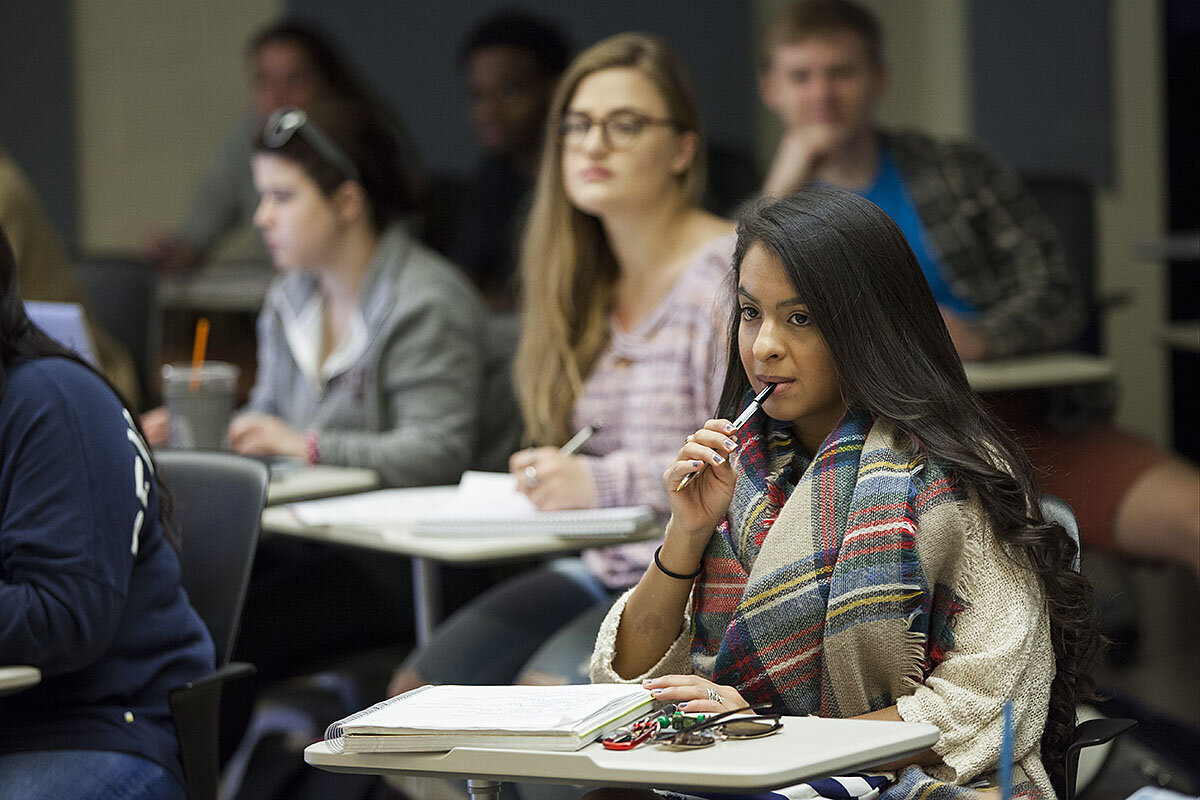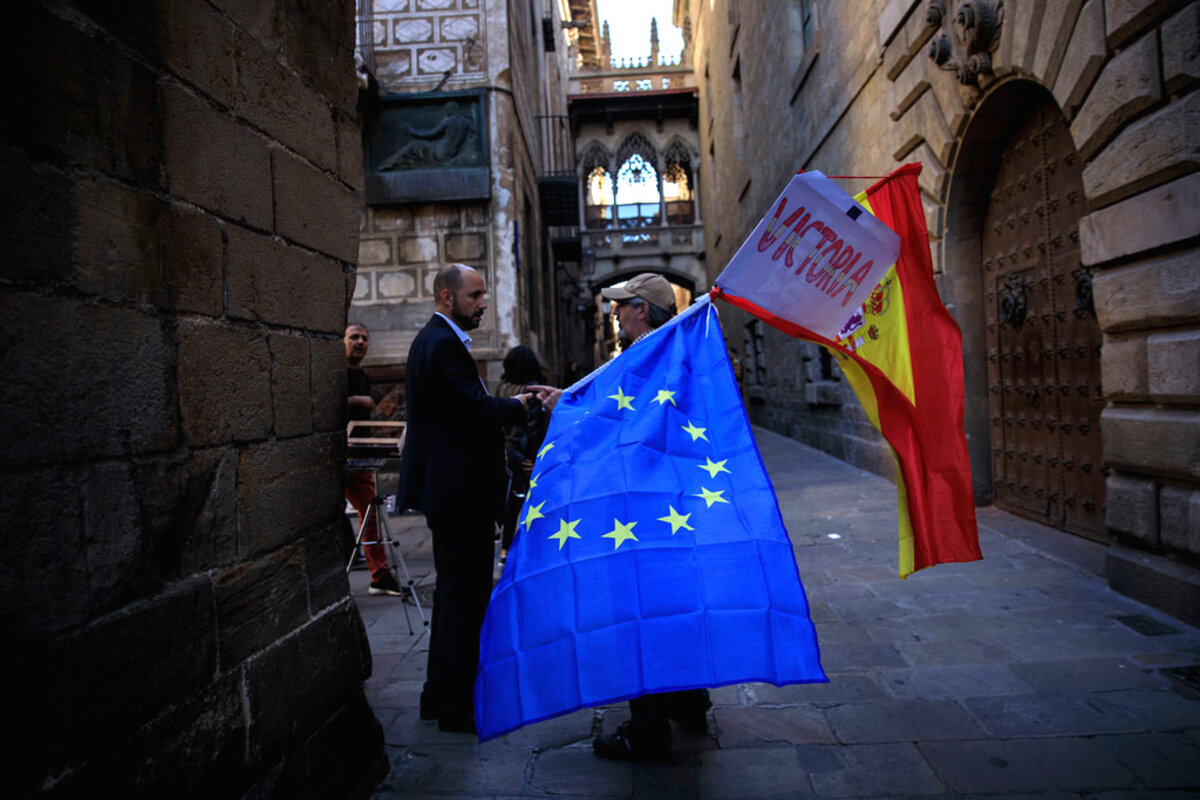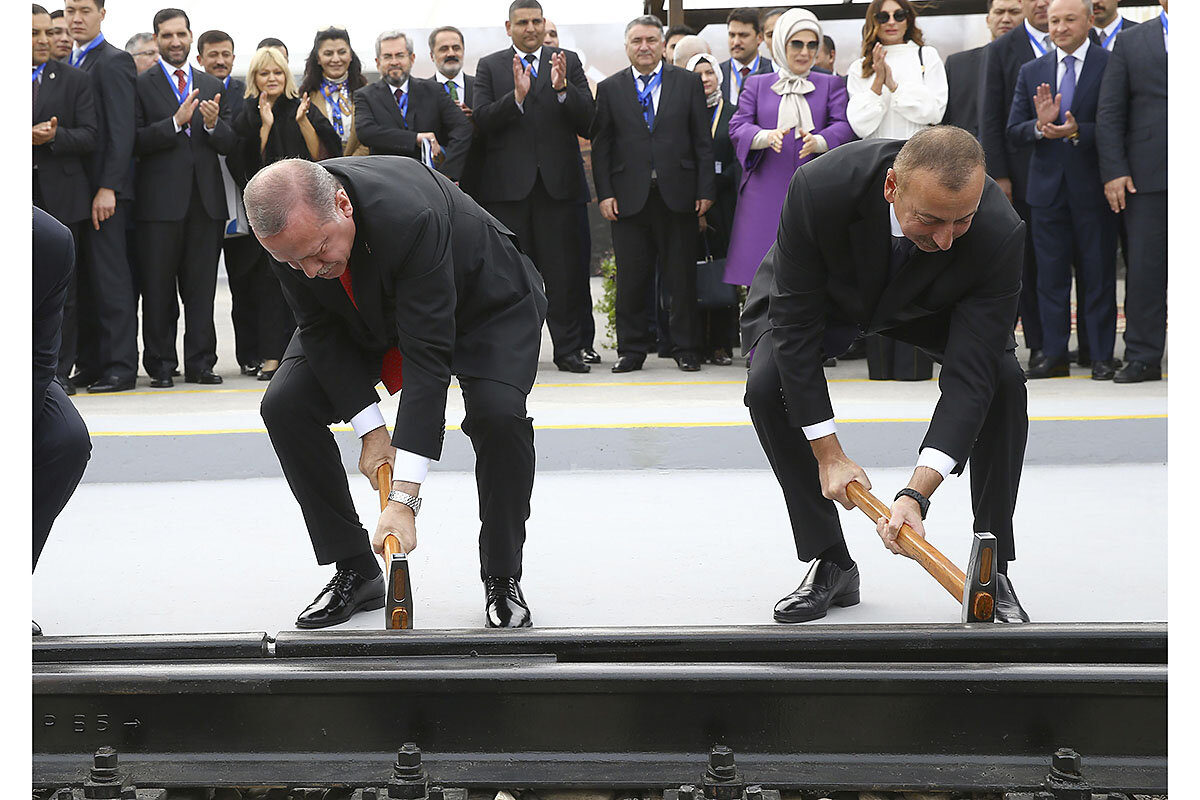Since President George H.W. Bush broke his promise – "no new taxes" – and was voted out, many conservative lawmakers have rejected the idea of tax increases out of hand. But there are signs that that mind-set might be changing.
Monitor Daily Podcast
- Follow us:
- Apple Podcasts
- Spotify
- RSS Feed
- Download
 Mark Sappenfield
Mark Sappenfield
Last week, we wrote about how, amid the chaos of a redone election in Kenya, a silver lining was the growing assertiveness of an independent judiciary. Kenya might seem a long way from Washington, but today was a reminder of how crucial that underlying ideal remains.
President Trump’s former campaign manager, Paul Manafort, was indicted on charges of money laundering and conspiracy Monday. The charges do not appear to point to Mr. Trump, though a guilty plea by another former Trump official, George Papadopoulos, is significant. He admitted to lying to the Federal Bureau of Investigation and is working with investigators.
That investigation could soon become enormously divisive. Many of the loudest voices in politics are not inclined to trust the motives of those seemingly aligned against them. But, as the Founders realized, law is law. It is where politics must ultimately yield. It is perhaps the one place where facts can outweigh spin, “fake news,” and polarization, and establish some shared rules for society.
Kenya, it seems, is seeing glimmers of the power of that idea. For the United States, the nation itself is a testament to it.
Click here for a piece by Laurent Belsie and Mark Trumbull on how federal officials’ best weapon in targeting corruption is to follow the money.
And here are five stories for today, highlighting identity, responsibility, and one of the unlikeliest models for energy conservation you could imagine.










